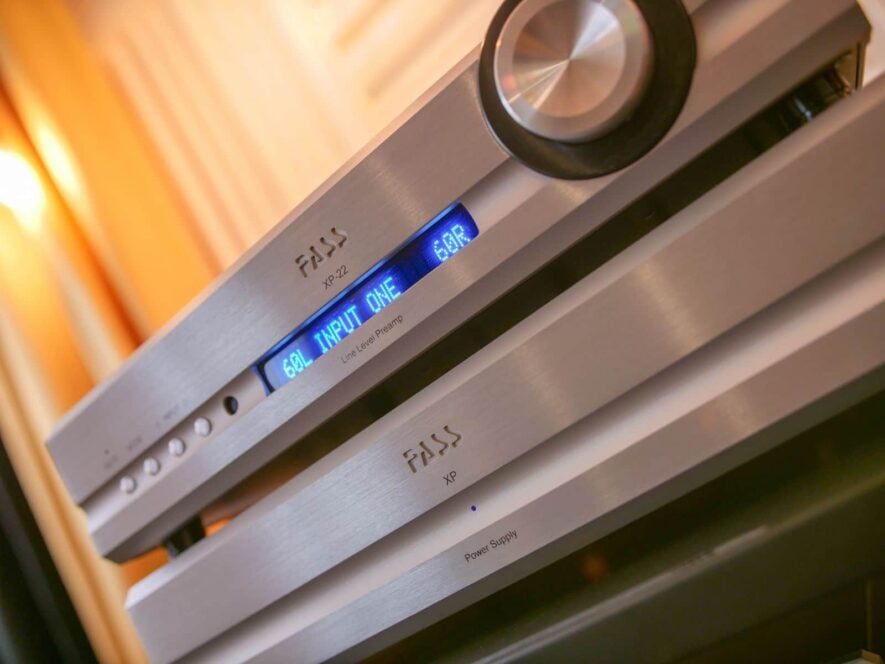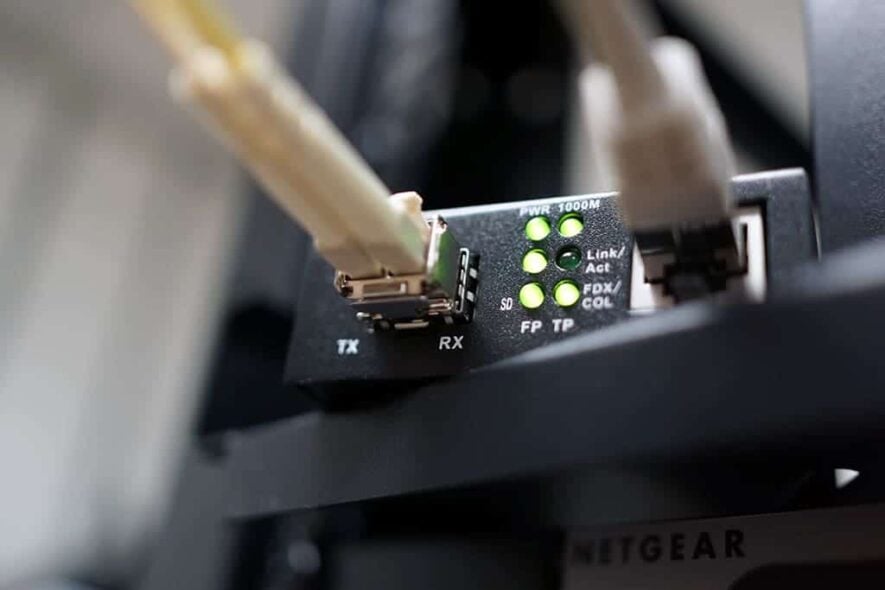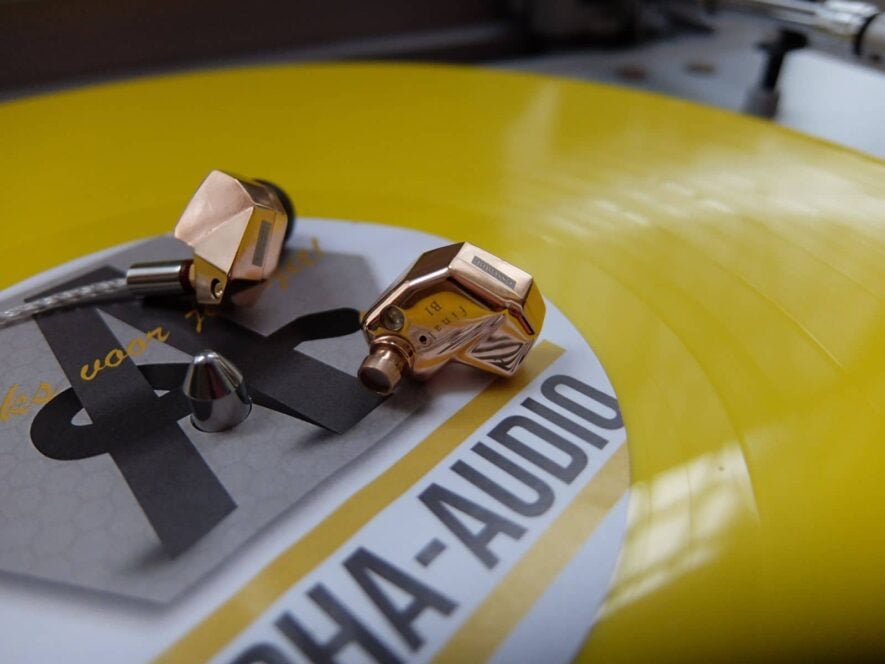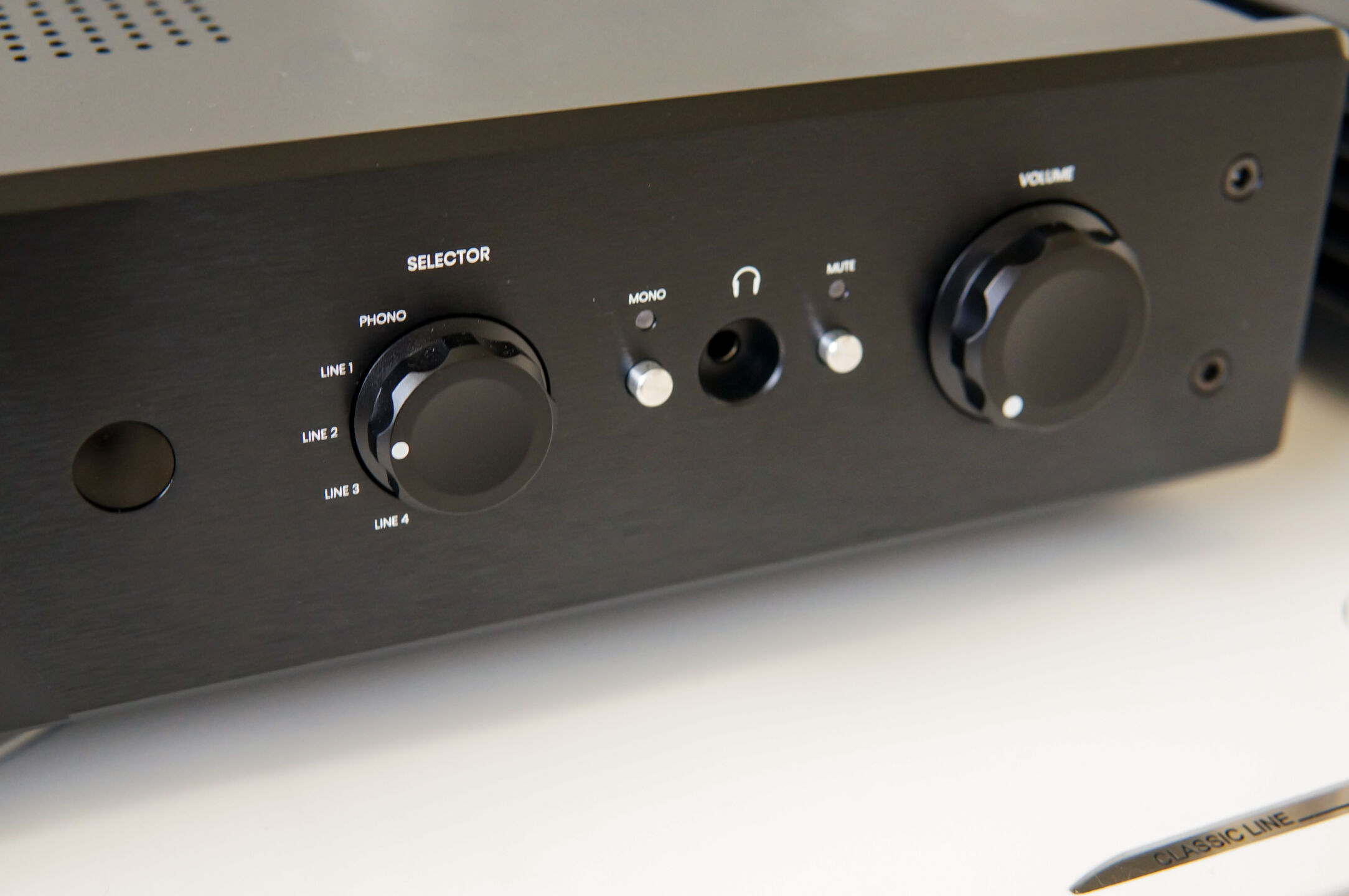

Often, the label of the slightly pricier headphones proudly displays “aptX”. But what about AAC and when should you choose aptX or AAC?
For a long time, Qualcomm’s aptX has been the buzzword when it comes to wireless speakers and headphones. By now, newer versions of aptX have emerged that offer even greater sound quality. However, one shouldn’t be entirely swayed by this allure. Firstly, aptX is a ‘regular’ codec which still results in some loss. Even the HD version is not lossless. Furthermore, it’s not a new technology; the first version of aptX dates back to the 1980s and was used primarily as a file format for music files in radio studios. Now, it has transitioned into the 21st century as one of the Bluetooth codecs. It is certainly an improvement over the standard SBC, which is supported by the average Bluetooth speaker and headphone. With SBC, even an untrained ear can detect the compression shortcomings.
Recompression
An additional issue with SBC is that it often (in essence always) undergoes recompression. For instance, if you originally listen to an MP3 file, it is decoded on your smartphone and then re-encoded to SBC. Coupled with the already subpar sound quality of SBC, this results in a clearly audible problem. The average teenager, often engaged in various other activities while listening to music, may not be aware or might not care. aptX is slightly better, but it’s essential to remember that it also faces the same recompression issue – it’s just less noticeable because aptX is less detrimental to sound quality.
It’s vital to note that the source (be it your smartphone, tablet, etc.) must also support aptX. If not, it will revert to SBC. This is especially relevant for Apple device owners, as Apple does not support aptX. But, truthfully, they don’t really need to!
AAC and the Apple Ecosystem
In terms of sound quality, Apple device and iTunes users are in a better position. Although Apple also employs lossy compression for its tracks and streams, it uses AAC. The bitrate for AAC is high, and if you use a headphone or speaker that natively supports AAC, there’s no recompression. And that’s quite audible! Strangely, many manufacturers rarely state that their product is compatible with AAC. aptX or one of its successors is the popular choice, while AAC is more for those ‘with geeky wishes’. However, if you’re within the Apple ecosystem, it’s worthwhile from a sound quality perspective to ensure that the Bluetooth headphone or speaker you’re purchasing supports the AAC codec. It genuinely sounds much better. But remember, an original MP3 file or differently encoded stream will still undergo compression. However, just like aptX, AAC is much kinder to the final sound quality compared to the basic SBC.







